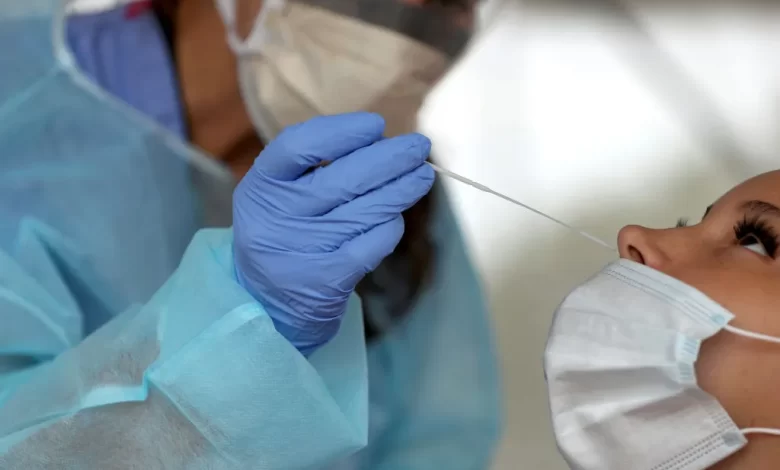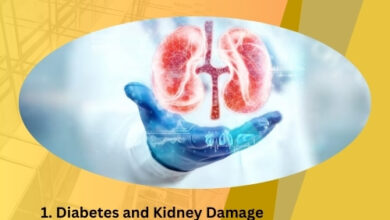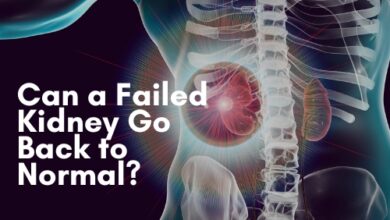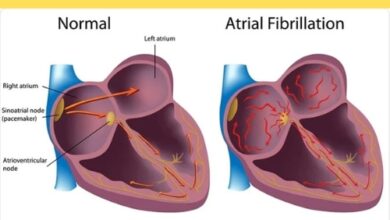The Pros and Cons of Using Saliva Tests for Covid-19 Detection

Saliva Tests for Covid-19 Detection
The development of saliva tests for Covid-19 detection has revolutionized the way that we test for the virus. Saliva testing is an easier and more comfortable method than traditional swab testing. By providing a rapid, at-home solution to Covid-19 testing, this method can reduce the amount of time it takes to detect the virus in individuals. In this article, we will discuss the pros and cons of using saliva tests for Covid-19 detection.
Pros of Saliva Testing
One of the biggest advantages of using saliva tests for Covid-19 detection is that it is much less invasive than swab testing. Traditional swab tests require a health worker to insert a long cotton swab into a patient’s nose and throat, which can be uncomfortable and sometimes painful. With saliva testing, all that is required is for an individual to spit into a container or tube – making it much more convenient. At home saliva tests have also been developed specifically for Covid-19 detection, which eliminates the need for individuals to travel or wait in line at a testing center. The kits come with simple instructions on how to collect your sample, so you can do it safely and easily in your own home. This option makes it easy and convenient for anyone who needs to get tested quickly and easily without having to leave their house. Finally, saliva tests are much faster than traditional swab tests when it comes to detecting Covid-19 cases. While traditional swab samples need to be sent off to laboratories where they are analyzed by PCR (polymerase chain reaction) methods, saliva samples can be tested onsite with rapid results available within 15 minutes or less depending on the machine used. This makes them perfect for emergency situations where speed is essential.
Cons of Saliva Testing
Despite all its advantages however, there are still some drawbacks associated with using saliva tests for Covid-19 detection. Firstly, not all saliva samples will yield reliable results compared to those obtained from traditional swab tests. This means that if you receive a positive result from your sample but you don’t feel any symptoms associated with Covid-19 infection then you may need further investigation through other types of testing such as PCR before a definite diagnosis can be made. In addition, the cost associated with purchasing these rapid at home kits may be prohibitively expensive depending on your location or insurance coverage as they tend
Advantages of Using Saliva Tests for Covid-19 Detection
The COVID-19 pandemic has led to the development and widespread use of saliva tests as a relatively fast, easy, and cost-effective method for detecting the coronavirus. Saliva Covid Test offers a valuable way to detect the virus quickly and accurately, allowing healthcare professionals to identify infected individuals and take preventive measures to contain the spread of the virus.
One of the main advantages of using a Saliva Testing Kit for COVID- is that it is less invasive than other methods of testing, such as nasal swabbing. The saliva test requires only minimal contact with an individual’s mouth and significantly reduces the risk of contamination. Additionally, individuals can take their own At-Home Saliva Test for COVID- in the comfort of their own home, avoiding possible exposure at a testing facility.
Saliva testing is also much quicker than other methods since there are no steps involved in preparing samples prior to analysis. The process can be completed in minutes, providing results within hours or even days depending on laboratory capacity. Furthermore, rapid saliva testing for COVID- does not require specialized equipment or trained personnel which makes it suitable for large scale testing programs.
Finally, saliva tests are often much cheaper than traditional methods due to their low cost of materials and labor requirements. This allows healthcare professionals to increase access to testing by making it more affordable for everyone who needs it.
In conclusion, saliva tests offer numerous advantages as an effective method for detecting COVID-19 cases quickly and accurately without having to involve complex processes or expensive materials. Not only do they reduce contact with potentially infected individuals but also ensure results can be obtained quickly with minimal cost.
Disadvantages of Using Saliva Tests for Covid-19 Detection
Saliva Covid Test has become a popular choice for many people who are looking to get tested for coronavirus, but there are still some disadvantages to using it. One of the main issues with saliva tests is that they can be less accurate than other testing methods, such as nasal swab or blood tests. While saliva tests can detect the virus in a person’s system, they may not be able to detect all strains or mutations of the virus. This could mean that someone who tests positive on a saliva test may not actually have an active infection. In addition, saliva tests may not be able to detect cases in people who have recently been exposed to the virus but have not yet developed symptoms.
Another disadvantage of using saliva tests for Covid-19 detection is that they require a large sample size, which increases the cost and time associated with testing. At-Home Saliva Test for COVID- also requires special equipment and might not be available in all areas due to lack of resources or staff. Finally, saliva samples must be kept frozen until they are sent out for processing by Rapid Saliva Testing for COVID-, which adds another layer of complexity and increases turnaround time. Overall, while Saliva Testing Kit for COVID- is a convenient option that can provide fast results, it may not be as accurate as other testing methods and requires more resources and time to process results. It is important to keep these considerations in mind when deciding whether or not to use a saliva test for Covid-19 detection.
Conclusion
COVID-19 saliva testing is an important tool in the fight against the pandemic. It makes testing more accessible, faster, and cheaper than traditional methods. Saliva tests offer a quick and convenient way to detect the virus in people who are asymptomatic or have mild symptoms. The test also helps reduce contact with health workers, cutting down on potential exposure to the virus. Although there are some potential drawbacks such as lower accuracy compared to traditional testing and possible cross-contamination when collecting samples, these can be addressed by following proper protocols for collection and storage of samples, and conducting additional confirmatory tests if necessary. Overall, saliva tests prove to be a reliable alternative for Covid-19 detection and provide an important new tool in our fight against the pandemic.




